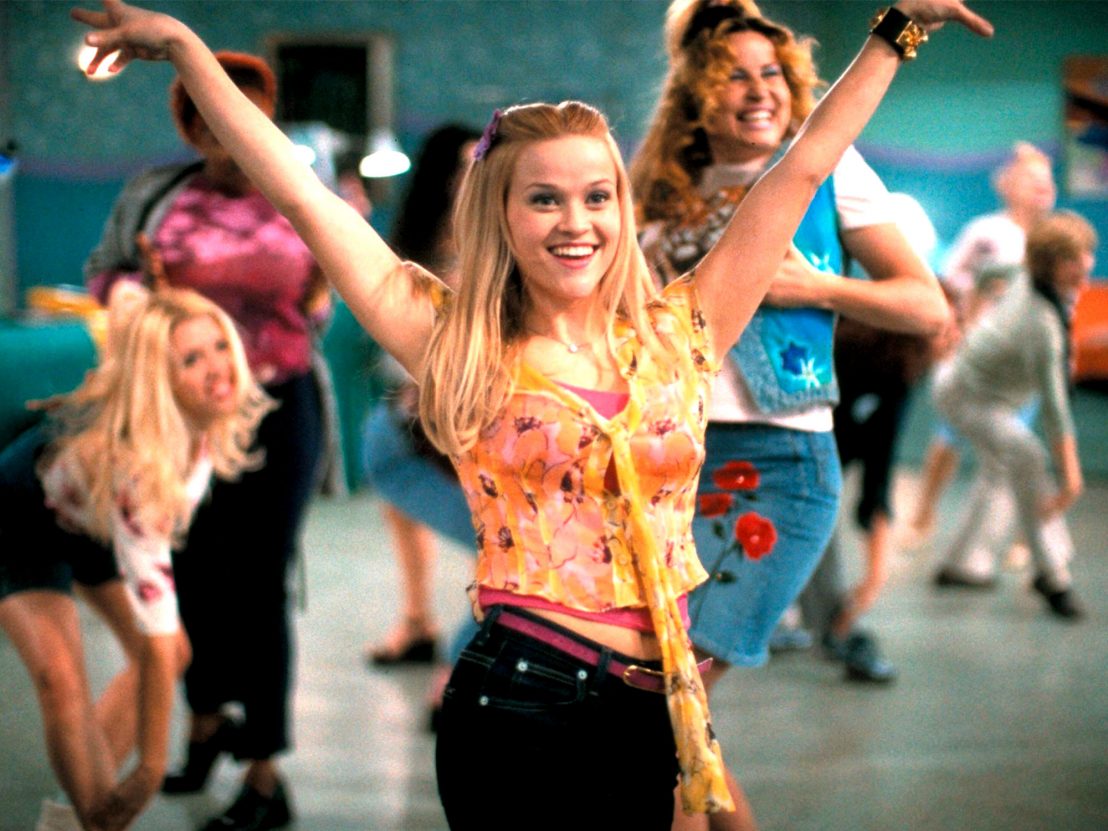
In 1966 Dolly Parton released ‘Dumb Blonde’, an infectious pop song that has since become an anthem for a hair colour wrongly associated with low intellect. Like Dolly, Robert Luketic’s 2001 film Legally Blonde, starring Reese Witherspoon as sorority-girl-turned-law-student Elle Woods, has resonated with viewers for its strong feminist message: you don’t have to change who you are to be successful in this world.
Despite having to contend with Harvard Law School, her heartless ex boyfriend, and his snotty new fiancée, Elle’s greatest fight is against her hair colour. The origins of the ‘dumb blonde’ stereotype are unknown but many historians believe that the first officially recorded dumb blonde dates all the way back to 1775. A Parisian courtesan named Rosalie Duthé inspired a satirical play called ‘Les Curiosités de la Foire’, as she had a reputation for pausing for extended periods before speaking, thus wrongly attributing stupidity to the starlet and subsequent golden-haired beauties.
Cinema long has been plagued by the dumb blonde stereotype, ever since Marilyn Monroe leapt off the screen in 1953’s Gentlemen Prefer Blondes with Jane Russell, the smart and capable brunette, at her side. Women are continually maligned and underestimated simply for the colour of their hair, and this is where Elle Woods finds herself. A few shades darker and Legally Blonde would be an entirely different movie.
One glance at the film’s poster – with Elle’s gleaming strands and hot pink dress taking centre stage as her fellow students look on aghast behind her – and it’s easy to see why there were initial misconceptions around its intended message. Elle is introduced through a haze of makeup, designer fashion and Cosmo magazines in a world where the ‘strong woman’ stereotype has gripped the media and innate femininity is deemed a weakness.
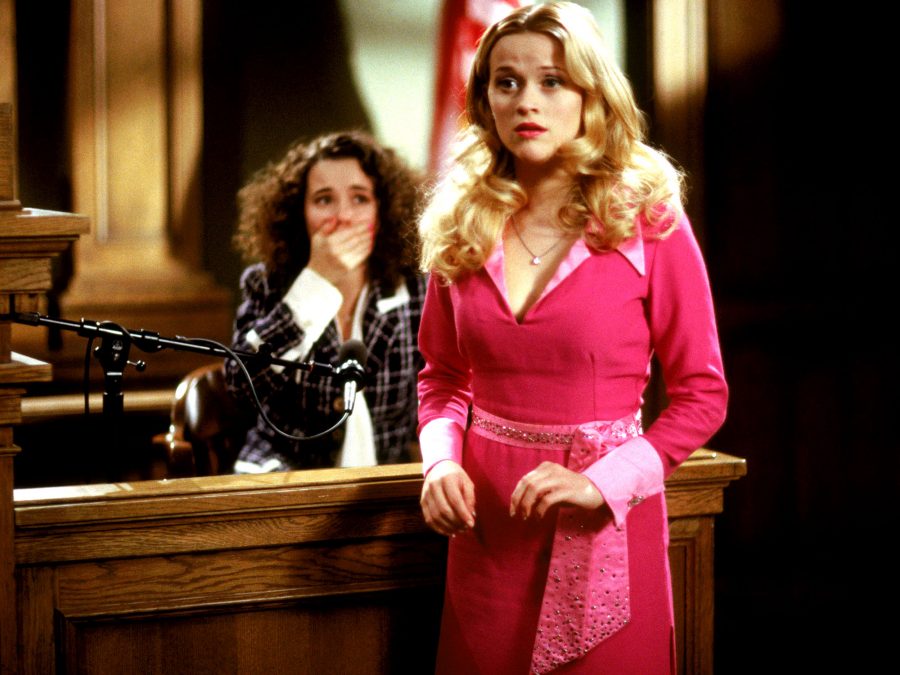
The very first shot of the film sees Elle gently brushing her hair. However, a dinner date with her soon-to-be-ex Warner (Matthew Davis) leaves Elle crying on her way home – her hair painted as the villain of the piece, something she can’t shake off. In his pursuit of becoming a senator, Warner ditches Elle to find himself a “Jackie, not a Marilyn”. Elle’s hair is presented as an obstacle, not an asset. This is never more apparent than upon her arrival at Harvard. With her chihuahua Bruiser in tow, Elle sticks out like a sore thumb and, throughout her time there, her professors and fellow students punish her for it.
Elle’s not-so-feminist motivation for attending law school is so that she can become the “serious” woman Warner has always wanted. It’s here the film’s message is revealed. Elle is persecuted because of the way she looks, but rather than letting it define or defeat her, she instead gradually begins to thrive at Harvard after being told she is “not good enough” one too many times.
Elle reverses the dumb blonde stereotype by throwing herself into her studies, discovering her true worth amounts to more than her superficial beauty. Her determination to succeed in this hostile, male-dominated setting eventually overshadows her desire to win back her man. Notably for a film released in the early 2000s – a time when physical and behavioural makeovers were particularly prevalent in popular culture – Elle never sacrifices her identity or her signature blonde locks.
This era’s obsession with strong female characters has narrowed the path for the girly girls who do not possess necessarily masculine traits. Elle’s strength is derived from the things she loves and the heartfelt way she cares about people as a whole. Witherspoon’s performance, with all its infectious charm and beaming positivity, defies the shallow, vapid blonde trope, giving us a new kind of female protagonist to root for.
It’s telling that when Elle defends murder suspect Brooke Windham (Ali Larter) towards the end of the film, she reenters the courtroom head-to-toe in hot pink. Inspiring a generation of young girls, she dispels the idea that a woman can only be perceived as smart and strong if they reject outright femininity and embrace more masculine qualities. Her fierce determination is the driving force of Legally Blonde, and the film’s enduring legacy is a direct result of that. Twenty years on, one thing remains clear – Elle Woods is an icon for the ages.
Published 26 Jun 2021
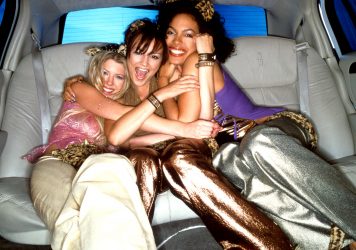
By Annie Lyons
The cult classic forgoes subtlety and delivers its anti-consumerist message with on-the-nose camp.
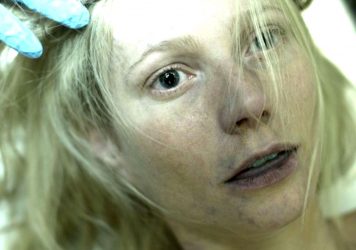
Attractive women of questionable virtue have long been a scapegoat for society’s literal ills.
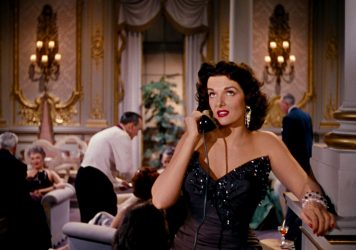
Her sharp-tongued turn in Howard Hawks’ 1953 comedy is the perfect foil for Marilyn Monroe’s bimbo act.